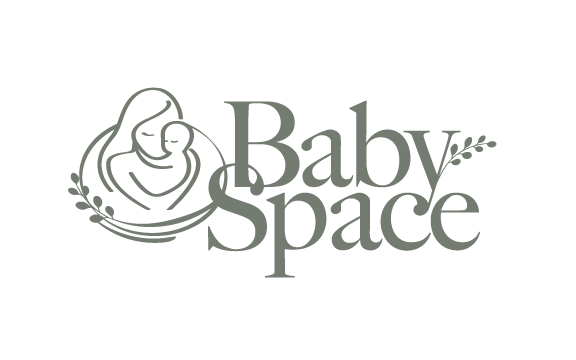Can Young Children Play Independently?
Playing independently
Allowing infants to learn how to play independently is crucial for their overall development. Independent play fosters cognitive growth by encouraging problem-solving and critical thinking. When infants explore toys or their surroundings without constant guidance, they learn to make decisions and understand cause-and-effect relationships. This autonomy in playtime builds their confidence and nurtures a sense of accomplishment, as they realize their capabilities in managing small challenges. Furthermore, independent play promotes creativity, as infants use their imagination to create new scenarios and solutions with their toys, which is a fundamental aspect of intellectual development.
Overall Infant Development
Emotional development is another significant benefit of independent play. When infants engage in play on their own, they learn to manage their emotions without immediate intervention from adults. This helps them develop self-soothing skills and resilience, which are essential for handling stress and frustration later in life. By playing independently, infants can also experience a sense of independence and control, which contributes to their emotional well-being. This self-reliance fosters a positive self-image and helps them develop the confidence to face new experiences and challenges.
Social skills are also honed through independent play. While it might seem counterintuitive, playing alone allows infants to practice social behaviors they observe from others. They might mimic conversations, share toys with imaginary friends, or role-play various social scenarios. These activities lay the foundation for social interactions, as they learn the basics of communication, empathy, and cooperation. Moreover, independent play provides a balance to social play, ensuring that infants do not become overly reliant on others for entertainment and learn to appreciate solitary activities.
Physical development benefits significantly from independent play as well. When infants explore their environment freely, they engage in physical activities that improve their motor skills. Crawling, reaching, and manipulating objects help develop both gross and fine motor abilities. Independent play also encourages spatial awareness as infants navigate their surroundings, enhancing their coordination and balance. This physical activity is crucial for overall health, promoting muscle strength and endurance from an early age.
Fostering Intrinsic Motivation
Intrinsic motivation, the internal drive to engage in activities for their own sake rather than for external rewards, plays a crucial role in the development of young children. Encouraging this type of motivation helps children become more self-directed and independent learners. When children pursue activities they are genuinely interested in, they are more likely to be engaged and enthusiastic about learning. This natural curiosity leads to deeper understanding and retention of knowledge. Moreover, intrinsic motivation fosters a sense of competence and mastery as children overcome challenges and achieve their goals. By nurturing intrinsic motivation, parents and educators can help children develop a lifelong love of learning.
Lifelong Learning
Finally, independent play sets the stage for lifelong learning habits. By giving infants the opportunity to explore and play on their own, parents and caregivers cultivate a love for discovery and learning. This intrinsic motivation is essential for academic success and personal growth. Children who are used to playing independently are often more curious, self-driven, and capable of pursuing their interests without constant supervision. These skills are invaluable as they grow older, preparing them for the complexities of school, work, and personal endeavors. Encouraging independent play in infancy, therefore, is an investment in a child's future autonomy and success.
BabySpace Coachella Valley
Becoming a parent is a profound and life-altering experience, but it comes with its fair share of unspoken challenges. Meeting with other parents and exploring together what you are envisioning life could look like with your infant and toddler is an invaluable piece of new parenthood. By sharing experiences with others in a place like a BabySpace Coachella Valley Mommy and Me group, parents can find solace in the shared journey of raising the next generation, embracing both the joys and the trials that come with it.
Serving the Coachella Valley and surrounding areas, including: Palm Springs, Cathedral City, Rancho Mirage, Indian Wells, Thousand Palms, Palm Desert, La Quinta, Indio, Bermuda Dunes, Coachella, Thermal, Mecca, Desert Hot Springs, Yucca Valley, and Joshua Tree.
Therapist Palm Desert, Therapist Palm Springs, Postpartum Therapist Palm Desert, Postpartum Therapist Palm Springs, Postpartum Depression Palm Desert, Postpartum Depression Palm Springs, Pregnancy Therapist, mom support groups near me, mommy and me near me, moms support group near me, new mothers groups
#mommyandme #newmomlife #mommylife #firsttimemom #FTM #newmom #newmommy #motherhood #parenthood #postpartum #mommyhood #groupsupport #palmdesert #palmsprings #laquinta #coachellavalley #coachellavalleylife #coachellavalleyevents #SAHM #SAHMlife #wfh #wfhlife #wfhmom #wfhmomlife #momlife #mommyanddaughter #mommyandson #girlmom #boymom




